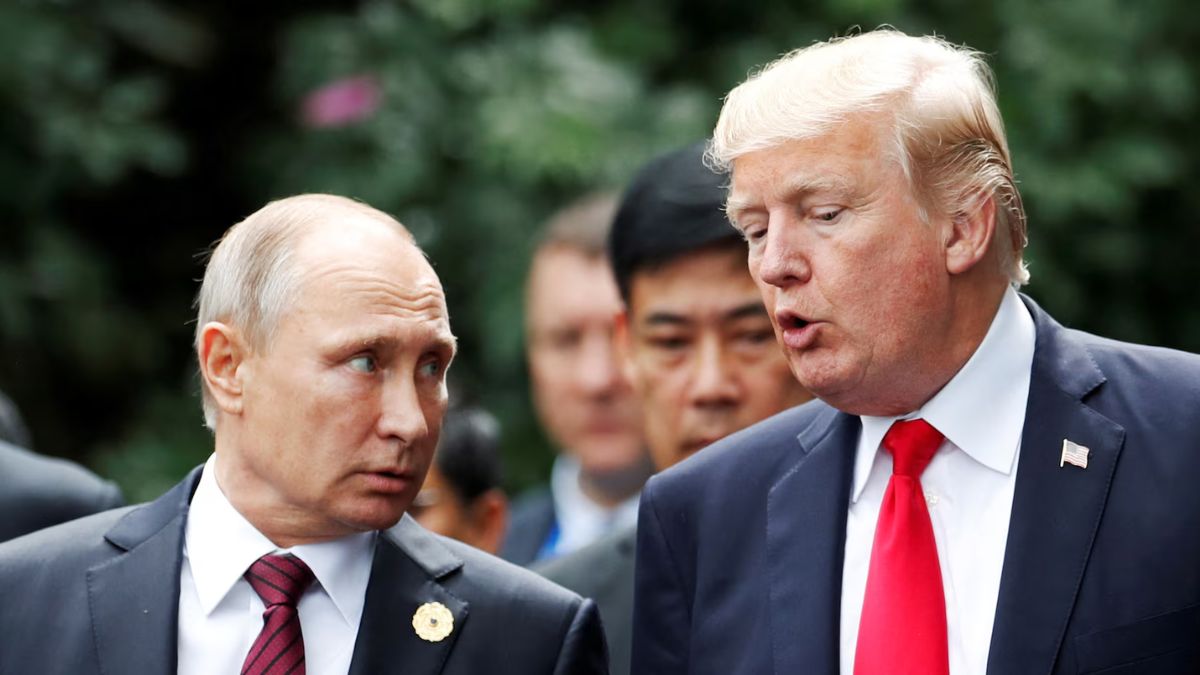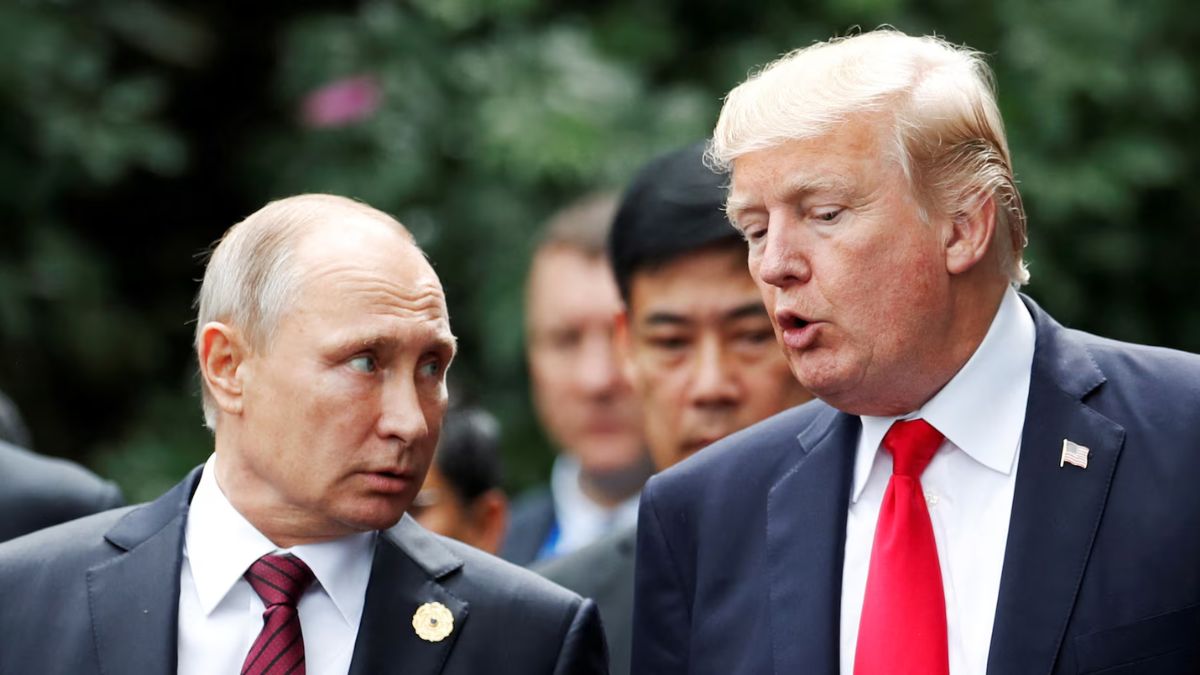‘Aye bhidu, kya haal’. ‘Chal bhidu, jaate hai’. This is common Bambaiya lingo. However, if actor Jackie Shroff has his way, the use of this colloquial Marathi word, ‘bhidu’, could soon be restricted from being used.
The Bollywood actor approached the Delhi High Court today (14 May) to restrain firms, social media channels, artificial intelligence (AI) apps and GIF-making platforms from using his name, voice, image or any other attribute without consent.
As the court prepares to hear the case tomorrow (15 May), we take a closer look at what the matter is and if Jackie, in fact, can trademark the term ‘bhidu’.
‘Bhidu Nahi Bolneka!’
Popular Bollywood Jackie Shroff has moved the Delhi High Court against the unlicensed used of his name and personality attributes by entities for commercial gain. He has also sought protection against the unauthorised use of the term “bhidu”.
Jackie’s advocate Pravin Anand appearing in court said that Shroff was not looking to stop parody or satire, but wanted an injunction against merchandising and defamatory and distorted uses of his personality.
A Bar and Bench report further stated that in his plea, Shroff has sought protection of the names Jackie Shroff, Jackie, Jaggu Dada as well as bhidu and said that his attributes cannot be used without his authorisation on any platform.
Impact Shorts
View AllIn court, Jackie’s lawyer said that individuals couldn’t use the actor’s personality or images or voice to woo customers into buying products. “Jackie Shroff is so well known. People will think it is endorsed by him. He has a certain marketability to his name. It can’t be done without his consent,” said the counsel, reports NDTV.
He added that certain derogatory and objectionable content was also available as memes, morphed images etc. “All are using his name, images and earning huge money. This is all defamatory stuff… there are distasteful dirty words in voice over. There is nothing legitimate about any of this,” NDTV reported him as saying.
In Anil Kapoor’s, Amitabh Bachchan’s footsteps
While arguing in favour of Jackie Shroff, his lawyer, used the example of fellow Bollywood actors, Anil Kapoor and Amitabh Bachchan.
In September 2023, the Delhi High Court had allowed Anil Kapoor’s pleas for protection of his personality rights from misuse by third parties. In the Anil Kapoor matter, the Delhi High Court had sided with the actor, protecting his name, image, persona and even his famous catchphrase ‘Jhakaas’ from being used without his authorisation.
The court had noted that personality rights are equivalent to the source of livelihood of the individual. Hence, unauthorised and illegal usage of any celebrity’s persona is a direct attack on their livelihood. “Using a person’s names, voice, dialogue, image in illegal manner that too for commercial purposes cannot be permitted. The celebrities’ rights of endorsement could be a major source of livelihood for the celebrity which can’t be completely destroyed by way of selling merchandise etc,” the court had then said.
And a year earlier, the court had passed an interim order to prevent the unlawful use of Bollywood star Amitabh Bachchan’s name, image and voice. At the time, the court had restrained persons at large from infringing the personality rights of the actor.
Law, trademarks and personality rights
But what are personality rights? Very similar to a trademark, personality rights refer to the right to protect one’s name, photograph or even voice from being used by an entity for commercial gain. A celebrity’s name, a pose, a mannerism falls under personality rights.
Tushar Agarwal, a Supreme Court advocate, explained to Moneycontrol, “In the simplest sense, personality rights are the rights of famous personalities and celebrities whose name, voice, signature or any other personality trait has commercial value and can mobilise and influence the public at large.”
Personality rights in India, still in the nascent stages, are governed by statutes like the Trade Marks Act 1999 and the Copyright Act 1957. These two laws deal with matters of trademark and copyright infringement, and also clarify what word can and can’t be trademarked.
Section 9(1) of the Trademark Act, 1999 explicitly bars registration of commonly used words in the local language, terms describing qualities of goods and services, and words customary in trade practices. For instance, one can’t trademark a word such as email, as it is generic in nature, offering no distinctiveness to a single source.
However, in the Sunil Mittal v Darzi On Call matter, the Delhi High Court noted that a distinction has to be drawn between the use of a word as descriptive of the services provided under a trademark, and the use of that word in the trademark itself. The Court concluded that the Urdu translation of the word “tailor”, “darzi” was not common for tailoring services in Delhi and thus it was not descriptive/generic.
With inputs from agencies


)
)
)
)
)
)
)
)
)



